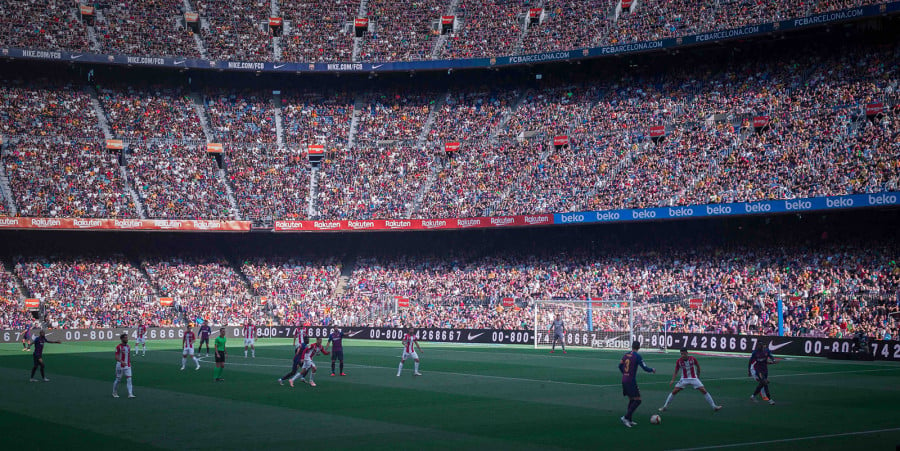Agents, clubs and players: a breakdown of the complicated tax relationship in Spanish football

Intermediaries in football have become one of the most important elements in determining whether a transfer materialises or not. It is they who have the trust of players and club representatives, and hold the key to closing a deal between two parties who more often than not have opposing viewpoints.
This has meant that the remuneration agents receive for the provision of their services has increased exponentially over the years, reaching salaries equivalent to football players themselves and, in some cases, even given intermediaries celebrity status in the sporting world.
As ever, when a certain sector starts to earn a lot of money, taxes start to become a particularly scrutinised element. Depending on how payments to agents are structured, taxes can reduce the net amount to be received by agents by more than half or, if the agent has agreed his commission on a net basis, double the costs involved.
This article examines the various ways this can be achieved and avoided, looking at:
To continue reading or watching login or register here
Already a member? Sign in
Get access to all of the expert analysis and commentary at LawInSport including articles, webinars, conference videos and podcast transcripts. Find out more here.
Related Articles
- Footballers facing tax fines: who is responsible for inaccurate tax returns?
- Managing athletes image rights in Italy: Key considerations for structuring and accounting under the new tax regime
- Why Spain’s approach to taxing image rights and agency income is discouraging overseas footballers
- The Requirements For Investing, Owning And Running A Professional Football Club In Spain (LaLiga)
Written by
Manuel Alonso
Manuel is a Partner in the tax department of Baker McKenzie (Madrid) and has experience in international taxation, corporate reorganisations and personal taxation.
He advises a number of athletes and clubs across sport and entertainment related to tax.




